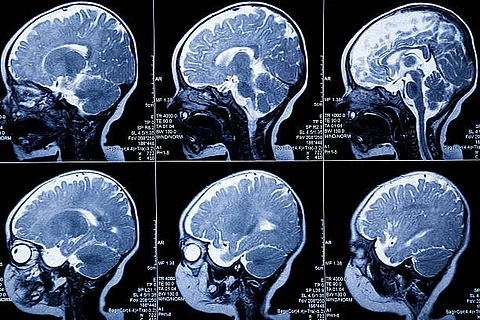
- NEWS
- the EDIT
- COMMENTARY
- BUSINESS
- LIFE
- SHOW
- ACTION
- GLOBAL GOALS
- SNAPS
- DYARYO TIRADA
- MORE

July 22 marks World Brain Day, an annual observance dedicated to raising awareness and promoting education about neurological disorders that impact millions globally.
Launched in 2014 by the World Federation of Neurology (WFN), World Brain Day focuses each year on a different theme related to brain health. Over the years, the initiative has spotlighted conditions such as stroke, Parkinson’s disease, Alzheimer’s disease, epilepsy, brain tumors, migraines, developmental disorders like autism and ADHD, and mental health challenges.
This global campaign aims to emphasize the importance of research, early diagnosis, access to care, and ongoing medical advancement. It also seeks to empower individuals currently living with neurological conditions and reduce stigma by promoting widespread education and prevention.
Neurological diseases are often associated with the elderly, particularly Alzheimer’s disease—the most common form of dementia. It leads to progressive memory loss, confusion, disorientation, physical decline, and ultimately, death. According to the World Health Organization (WHO), as of 2021, an estimated 57 million people worldwide live with dementia, and 60–70% of these cases are attributed to Alzheimer’s.
One of the most promising breakthroughs in recent years came in 2023, when the U.S. Food and Drug Administration (FDA) approved lecanemab (brand name: Leqembi)—the first drug shown to slow the progression of early-stage Alzheimer’s disease. Leqembi works by targeting amyloid plaques—clumps of beta-amyloid protein fragments that are believed to play a central role in the development of Alzheimer’s.
This advancement brings hope not only to patients and caregivers but also to researchers committed to combating neurodegenerative diseases.
